Overthinking and Decision Paralysis
Why we get stuck overthinking, and how to move forward
The Overthinking Trap
Most of us have experienced moments of overthinking — replaying conversations, second-guessing a choice, or feeling stuck in uncertainty. While it’s normal to want to make thoughtful decisions, overthinking can become a trap that makes decision making feel exhausting, stressful, and sometimes impossible.
If you often feel paralyzed by decisions — big or small — you’re not alone. Let’s explore why overthinking happens, how it affects decision making, and what you can do to break free from decision paralysis.
Overthinking happens when thoughts spiral in circles — worrying about what could go wrong, replaying past mistakes, or obsessing over making the “right” choice. While it can feel like problem-solving, overthinking rarely leads to clarity.
Instead, it often creates:
Mental fatigue
Self-doubt
Increased anxiety
Avoidance of action
You might feel like you’re doing something helpful by thinking things through — but overthinking often leads to feeling more stuck and overwhelmed.
Difficulty with decision making and decision paralysis
Perfectionism and decision making
Perfectionism is a common driver of overthinking. If you feel like there is one perfect choice — and anything less is a failure — decision making can become almost impossible.
Perfectionism fuels fears like:
“What if I make the wrong decision?”
“What will people think of me?”
“I’ll regret this forever if I get it wrong.”
This creates pressure that turns even small decisions into high-stakes situations, making it difficult to take action. In reality, all decisions have advantages and disadvantages and rarely is there a ‘perfect’ option. Additionally, when making a decision, there are variables that are unknown. As the saying goes, hindsight is 20-20, that is, we cannot know presently what we will end up learning in the future.
The role of overthinking on decision fatigue
Decision fatigue happens when your brain becomes overwhelmed by too many choices or too much analysis. We are constantly making decisions; some studies suggest that the average person makes around 35,000 decisions in a single day. These choices range from more minor decisions such as what to eat, what to wear, or what route to take to work to more complex decisions such as staying at a current job, moving, and decisions around relationships.
The more time spent evaluating every detail or worrying about outcomes, the more drained you feel. Overthinking consumes mental energy that could be used for taking action, problem-solving, or creativity.
This often shows up as:
Feeling exhausted or burnt out from thinking
Procrastinating or avoiding decisions
Making impulsive choices just to relieve discomfort
Struggling with focus or concentration
Overthinking and decision paralysis
When overthinking and decision fatigue collide, you may experience decision paralysis — feeling so stuck in your thoughts that you can’t move forward. You may spend an excessive amount of time going over the same decision without resolution.
Signs of decision paralysis include:
Constantly seeking reassurance from others
Putting off decisions for days, weeks, or longer
Over-researching without feeling any closer to a decision
Feeling anxious, frustrated, or powerless
This pattern often reinforces itself — the longer you delay a decision, the more anxious and overwhelmed you feel.

Coping with overthinking when making important decisions
Managing Perfectionism and Expectations
Challenge perfectionistic thinking by aiming for progress — not perfection. Most decisions in life are not permanent or irreversible. Remind yourself that making a “good enough” choice is often better than staying stuck.
Ask yourself:
“Is this decision good enough for now?”
“What would I tell a friend in my situation?”
“Can I handle the worst-case scenario if it happens?”
This shift helps reduce pressure and creates space for learning and flexibility.
Differentiating personal values from the opinions of others
Overthinking often focuses on external approval — worrying about disappointing others or being judged. Instead, try grounding yourself in your personal values.
Ask yourself:
“What’s most important to me in this situation?”
“What do I need — not just what others expect from me?”
“How does this decision align with my goals or values?”
Values can guide decisions with clarity, especially when external opinions feel loud or overwhelming.
Perspective taking and reflection across time
Overthinking zooms in on immediate fears. Perspective taking helps zoom out.
Reflect on:
“Will this matter a year from now?”
“Is this as big or permanent as it feels right now?”
“What lessons or skills might I gain from this experience?”
This allows you to step back from emotional intensity and see the bigger picture.
Addressing overthinking through practice making decisions
Like any skill, decision making gets easier with practice. When you are able to practice making small, insignificant decisions more quickly and without overthinking you learn from your choices and develop a greater understanding of yourself. Start small and build confidence over time.
Try:
Making everyday decisions (trying out a new coffee order a meal) without overthinking
Setting time limits for smaller decisions
Accepting that disappointment, mistakes or regrets are part of the growth process
Each small decision reinforces your ability to trust yourself.
How counselling can help decision making and reduce overthinking
Working with a therapist can provide support and practical tools for managing overthinking and improving decision making.
Counselling can help you:
Identify patterns of perfectionism or fear of failure
Challenge unhelpful thought patterns
Explore your values and strengths
Develop strategies for emotional regulation
Build self-trust and confidence in your decisions
Therapy provides a supportive space to explore your experiences without judgment — and to practice new ways of approaching life’s choices.
Conclusion
Overthinking and decision paralysis are common — especially in a world filled with endless options and constant information. But you don’t have to stay stuck in cycles of worry and indecision.
By understanding your thought patterns, practicing new strategies, and reaching out for support when needed, you can learn to navigate decisions with greater clarity, courage, and ease.
Disclaimer:
The information provided in this post and across this website does not, and is not intended to, constitute medical, mental health, or therapeutic advice; instead, all information, content, and materials available on this site are for general informational purposes only. This information does not create any therapeutic relationship and should not be used as a substitute for professional diagnosis and treatment. Consult with a licensed mental health provider for advice or support regarding diagnosis and treatment.
Get started with mental health therapy
Schedule your consultation today to see if we're a fit
Psychologist in Edmonton | Contact Us
Mendable Psychology | Edmonton Psychologists | Mental Health Counselling
Office located in Mayfield West Edmonton
- (587) 415-0850
- 10458 Mayfield Rd NW, Edmonton, AB
- [email protected]
- Schedule online
Read more from our blog

Adult Bullying and Mental Health Impacts
Adult Bullying and Mental Health Impacts A mental health perspective on adult bullying behaviours Defining bullying Adult bullying involves persistent, intentional, and harmful behavior directed

Feelings of Guilt When Setting Boundaries
When guilt gets in the way of boundaries Feelings of guilt when setting boundaries Setting boundaries is one of the most important acts of self-care
Why Do I Feel Anxious for No Reason?
Feeling Anxious for No Reason Coping with physical anxiety symptoms Do you feel anxious for no reason? In today’s fast-paced world, it’s not uncommon to
